Helpful Cleaning Tips For Allergy Sufferers
With the arrival of spring, many individuals will begin to start their annual ‘spring cleaning’ to give their home an effective ‘clean sweep’ to remove the dirt, germs, and dust the house has accumulated over the last few months. However, for those who suffer from allergies, constant cleaning is a way of life, as regular house cleaning helps to eliminate many allergy triggers and relieve symptoms. Check out these simple and helpful cleaning tips to keep your home clean and your allergies under control now.
Weekly Chores
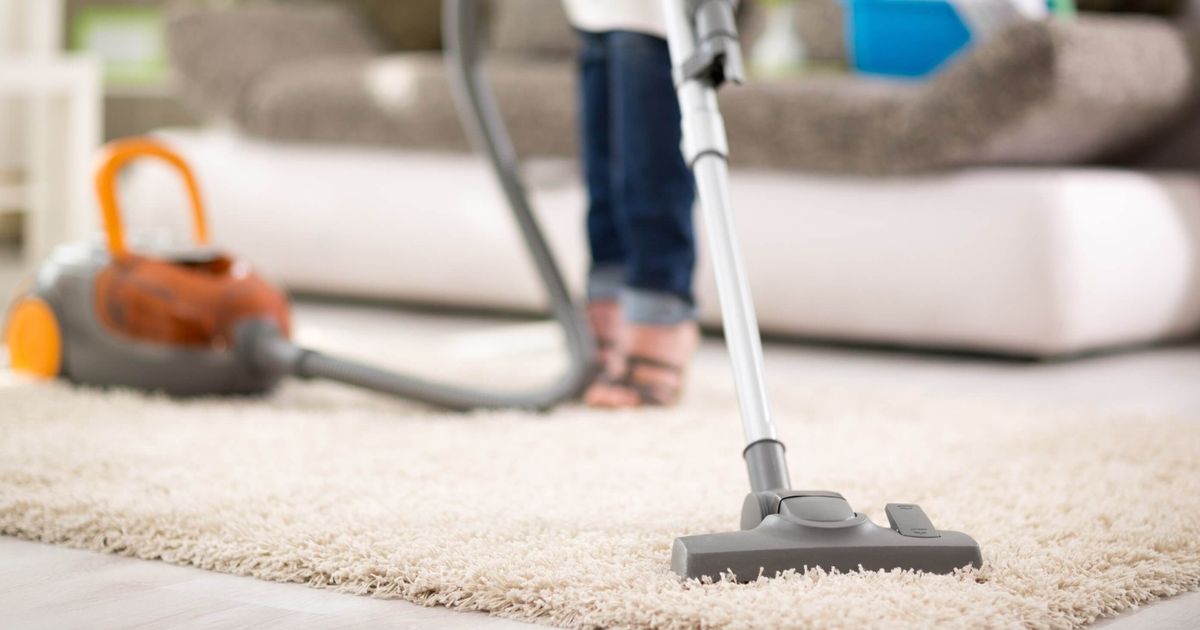
There are a numerous weekly chores an individual can do to help eliminate pesky allergens from their home, such as vacuuming, washing bedsheets, and keeping their bathroom free from mold and other harmful bacteria. One of the best tasks someone can do is to vacuum their home once or twice a week, depending on the amount of allergens present in their home. Individuals should ensure their vacuum has a high-efficiency particulate air (HEPA) filter, which helps to trap microscopic allergens, as vacuums that do not have a HEPA filter can suck up all of the allergens but then shoot them back into the air, which someone can breathe in.
Individuals are also encouraged to keep their bathroom free of mold and to scrub their shower tiles and shower curtain regularly, as mold can form and spread due to the moisture found in the bathroom, which can create a harmful reaction in those with allergies. Washing bed sheets in hot water at 130 degrees Fahrenheit is hot enough to kill dust mites, another common allergen, as well as decluttering the home can be highly beneficial, as piles of boxes or clothing can trap dust and hide allergens such as dust mites and cockroaches in plain sight.
Helpful Cleaning Tips
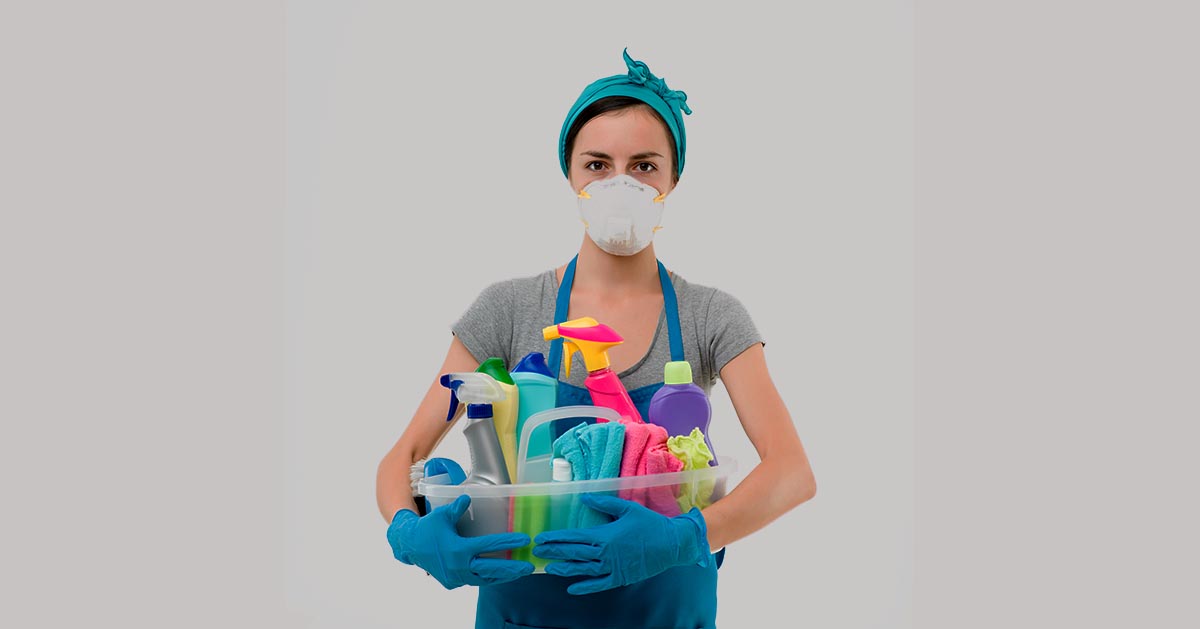
Although some of these cleaning hacks might appear to be common sense, it is rather surprising to discover there are often-forgotten simple changes someone can make that can make cleaning more healthy for someone with an allergy. For instance, wearing a mask when cleaning can significantly help someone who has allergies to dust, hair, or anything that can become airborne, and once an individual is finished cleaning, they should also consider leaving their home for a few hours to limit their exposure to airborne allergens. An allergy sufferer or anyone with sensitive skin should also avoid using scented cleaners or detergents, as the fragrances in cleaners can trigger allergy symptoms, and the homeowner should try to use fragrance-free products instead.
Cleaning Hacks Continued
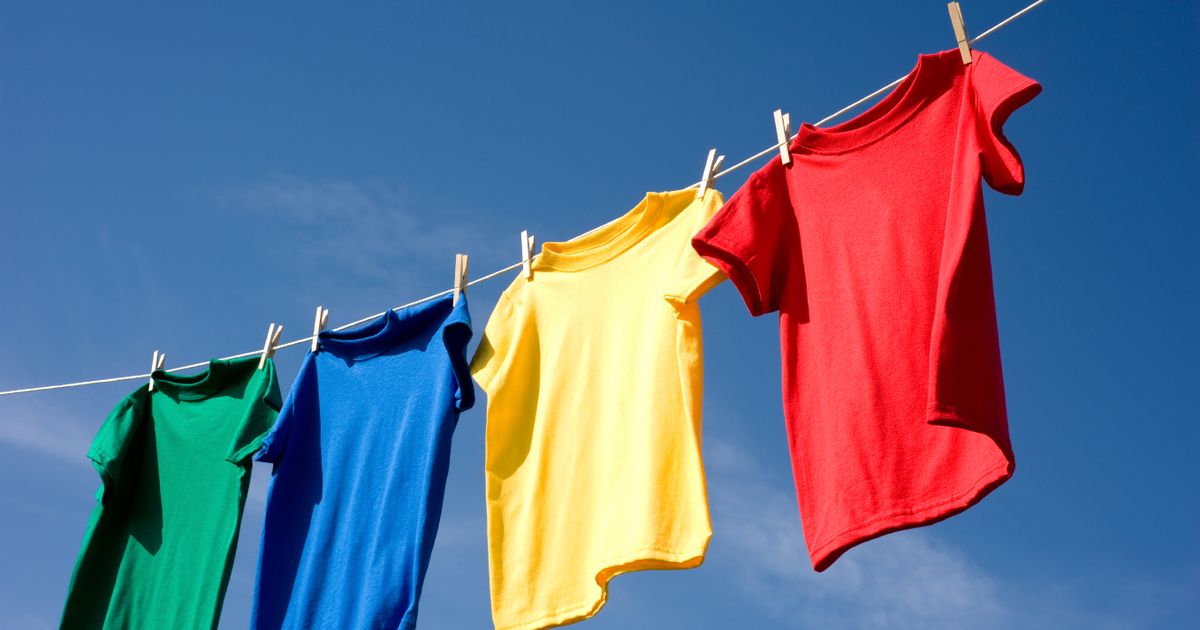
Air-drying laundry outside is also discouraged, as clothing left outdoors can pick up pollen and mold, and homeowners should clean outside entryways by either sweeping or vacuuming the area, as the cleaner the entryway is, the less likely it is for someone to bring dust or pollen into the home. Also, use a damp cloth and mop when cleaning as both cleaning tools can trap allergens instead of spreading them into the air, and do not shampoo carpets as the leftover moisture can cause mold growth or increase dust mites. If possible, try to eliminate all carpeting within the home, as allergens easy cling to these materials. Lastly, an allergy sufferer should also ask another family member to take over some chores, as it is better for their health if they can avoid vacuuming and dusting if they are allergic to dust mites.
Changes To Make In Your Home
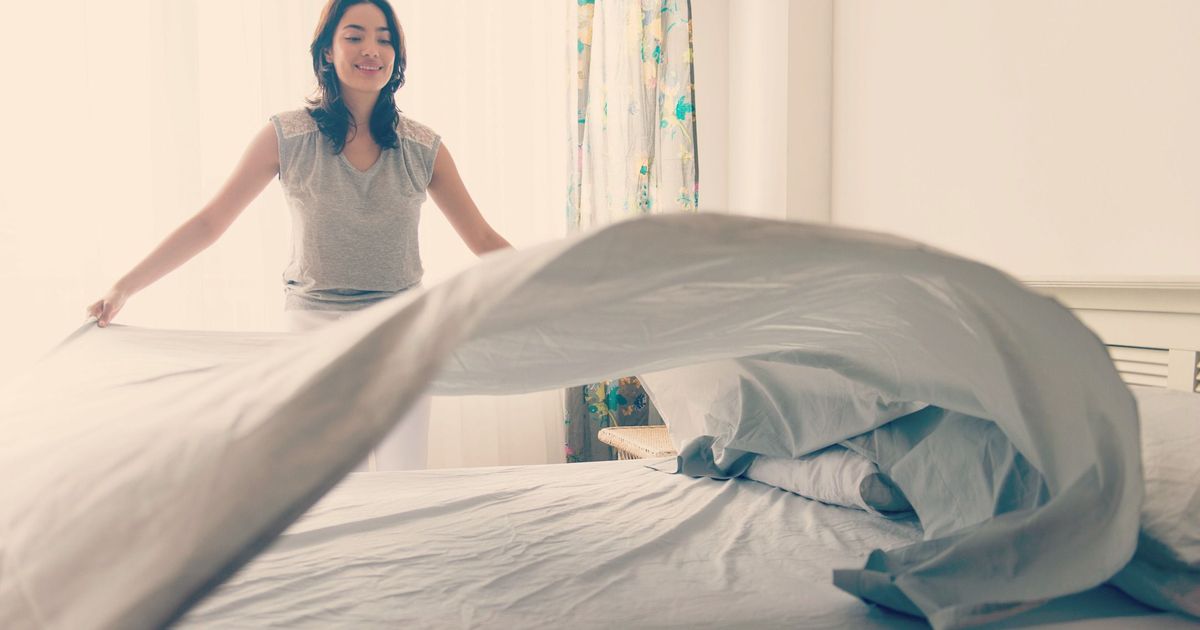
Although these are not necessarily cleaning hacks, they are subtle but highly beneficial changes an individual can make to their home to help prevent allergy flare-ups from happening to them or other family members. As previously mentioned, say goodbye to rugs and carpeting, if possible, as both are notorious for trapping allergens, and opt for vinyl, tile, or hardwood floors, as these options significantly reduce exposure to triggers. Homeowners can also get special bedding for their bed, such as dust-proof covers for their mattress and pillows to keep dust mites at bay, and homeowners should consider investing in roll shades as opposed to drapes or horizontal blinds.
Home Changes Continued
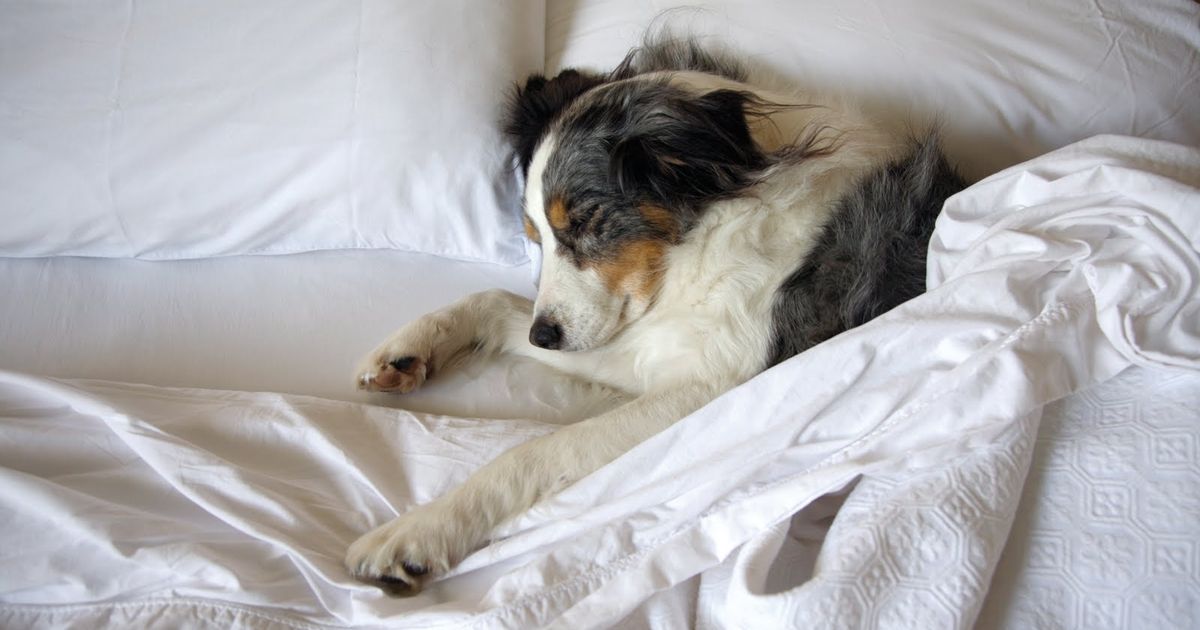
Although a no-brainer, homeowners themselves and their guests should take their shoes off before entering the home to reduce the amount of pollen or other allergens from being tracked in, and if possible, homeowners should try to keep pets out of their bedroom to eliminate pet dander and other allergens they may track into the home. This is a crucial step, as although pets are loved and a family member, they can easily track allergens into the home. In the bedroom, while individuals are sleeping, they can be breathing in those allergens if their pet is in the room, or worse, sleeping on the bed. Finally, homeowners should use their air-conditioning when it is hot outside to avoid opening windows, as the AC will filter the air and prevent dust, dirt, pollens, molds, and other triggers from getting into the home.
Use The Right Products
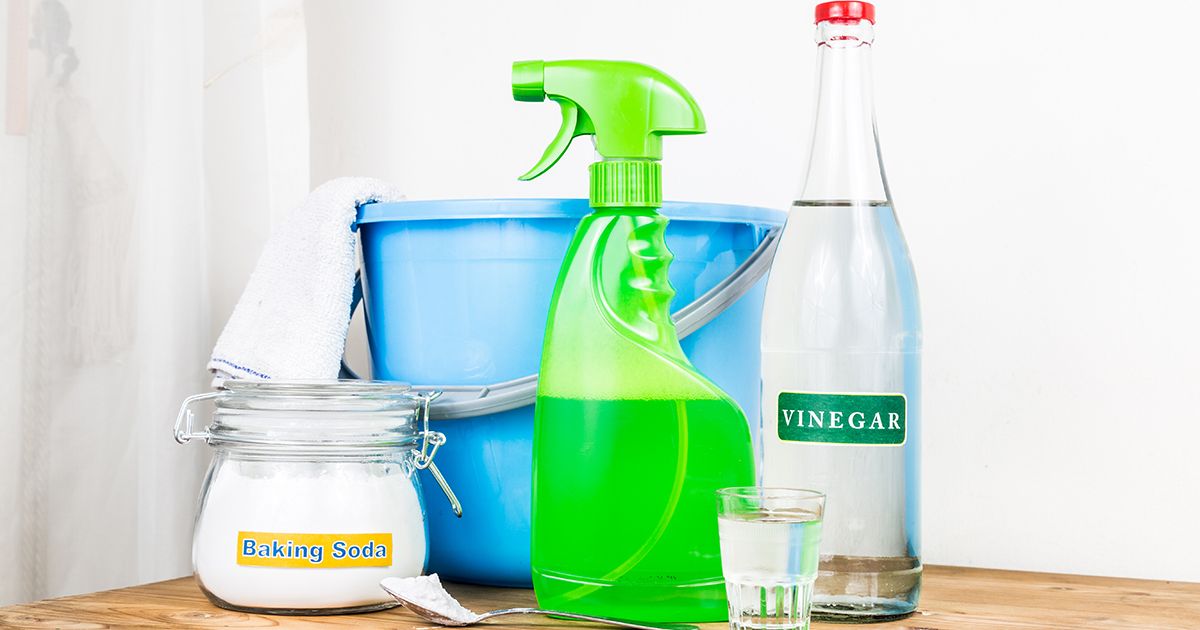
When cleaning, using the right cleaners is essential to not only making the home feel, look, and smell clean, but also to help eliminate harsh allergens. Homeowners should be aware some household cleaners have harsh chemicals in them that can cause breathing problems or trigger an allergic reaction. Therefore, reading labels carefully and ensuring to stay away from cleaners with volatile organic compounds (VOCs), fragrances, or flammable ingredients is a must. Allergy sufferers should try to purchase organic or ‘green’ household cleaners if it meets the right criteria or can try making their own household cleaner using simple but powerful allergy-friendly ingredients found in the kitchen. Homeowners can make a variety of cleaners using white vinegar, baking soda, lemon juice, and sometimes can add an all-purpose ‘green’ disinfectant to it if they choose. For instance, a homemade all-purpose cleaner contains two cups of vinegar, two cups of water, and individuals can add a bit of lemon juice to it if they want. Once made, mix it up and put it in a spray bottle and voila: instant homemade cleaner!
How To Keep Allergens Out
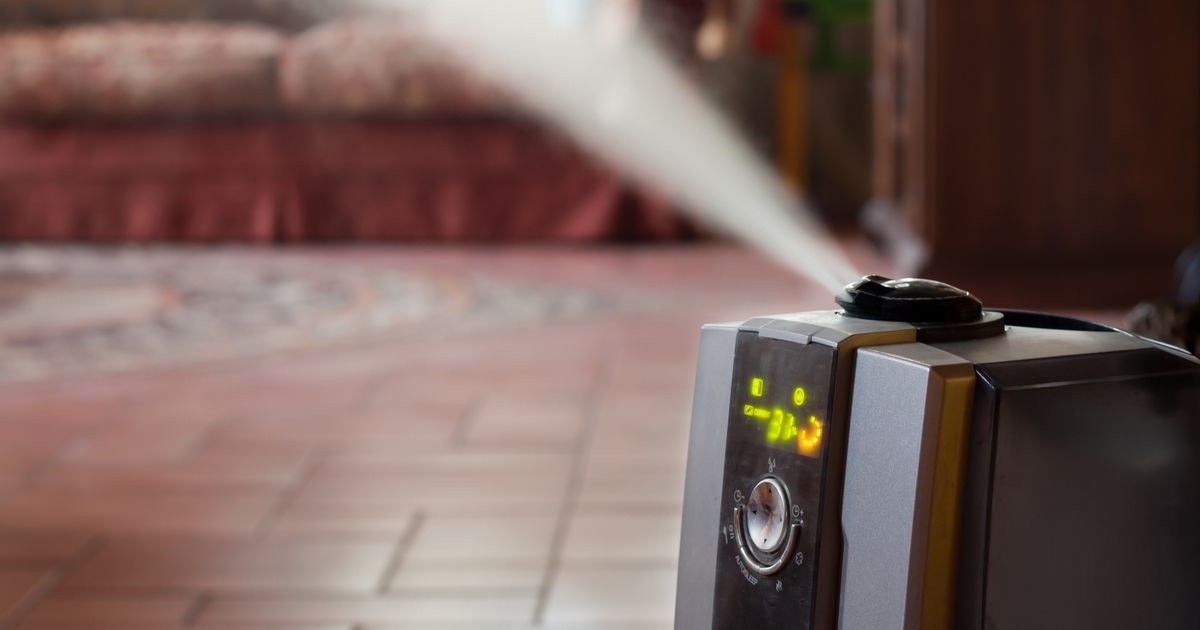
Although it is almost impossible to completely keep allergens out of the home, there are a few key things homeowners can do to try and keep the air and surfaces of their home allergy-free. For instance, homeowners should consider in getting an air purifier, as both the U.S. Environmental Protection Agency (EPA) and the American Lung Association recommend air filtration for individuals with allergies and asthma. Although it is not a solution by itself, air purifiers can be helpful in a number of ways in helping to reduce allergy and asthma symptoms, and it is recommended homeowners find an air purifier with a HEPA filter to remove dust and dirt from the air.
Changing the filter on the heating and air conditioning unit can also be beneficial, as a dirty filter can keep air from flowing the way it should and can lead to mold growth. Individuals should change the filter every three months, and inspect it every month if a family member has asthma or severe allergies. In addition to getting rid of carbon dioxide and boosting oxygen levels, houseplants can help clean the air of chemical vapors, and the easiest to grow and maintain are English ivy, ficus trees, peace lilies, and specific types of palms.
Although allergies can be difficult to deal with, controlling your living environment and efficiently cleaning your home can not only make your home look better, but will also improve your health for the better, especially if you have allergies or asthma.
